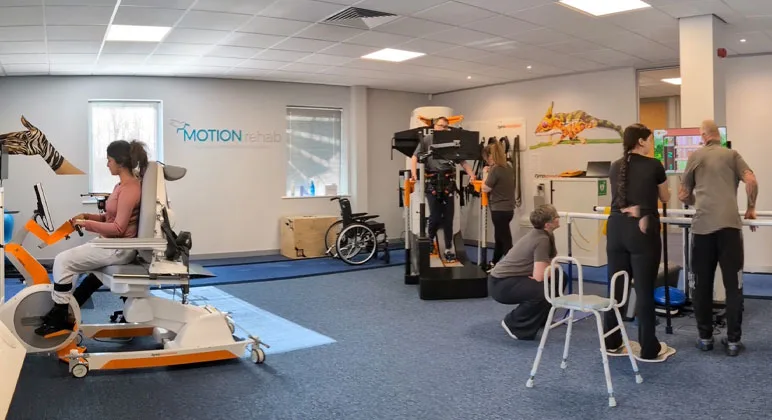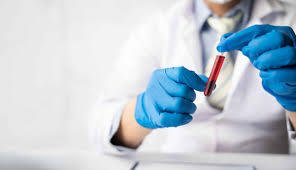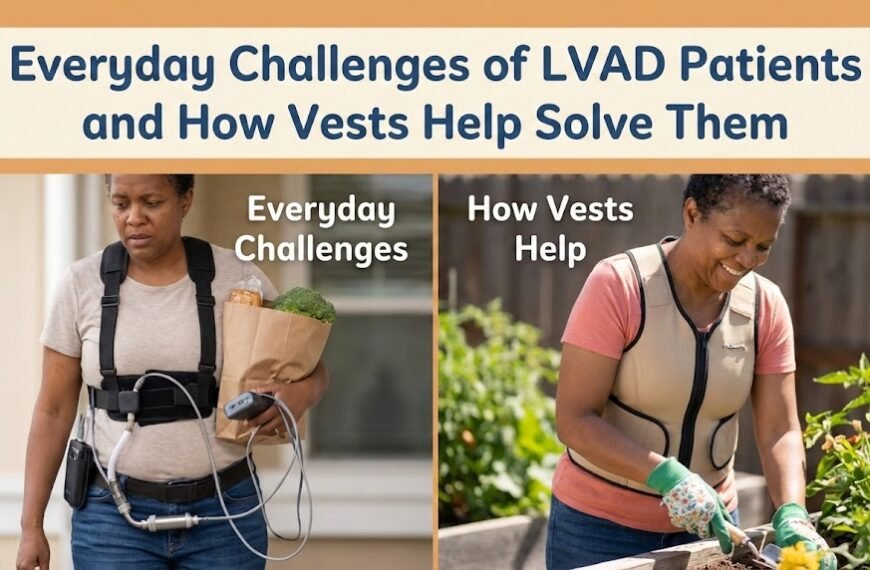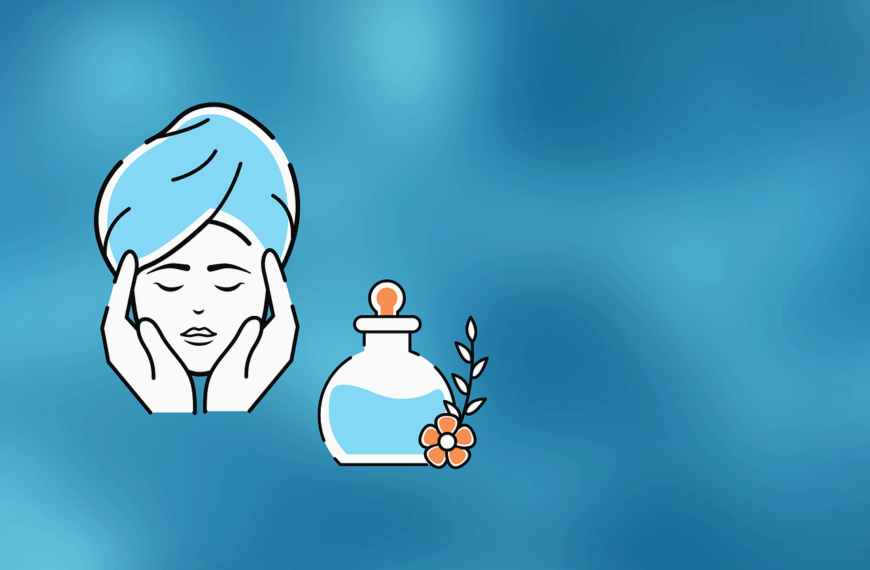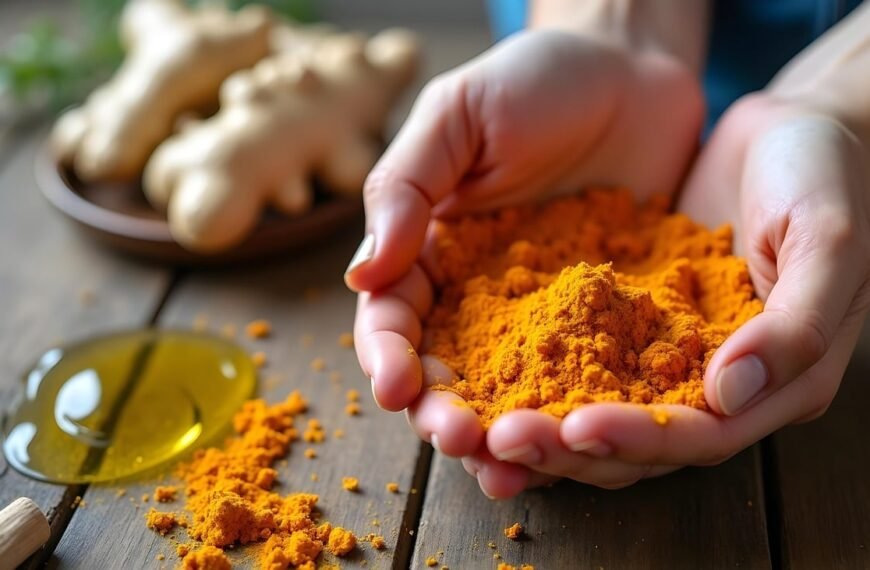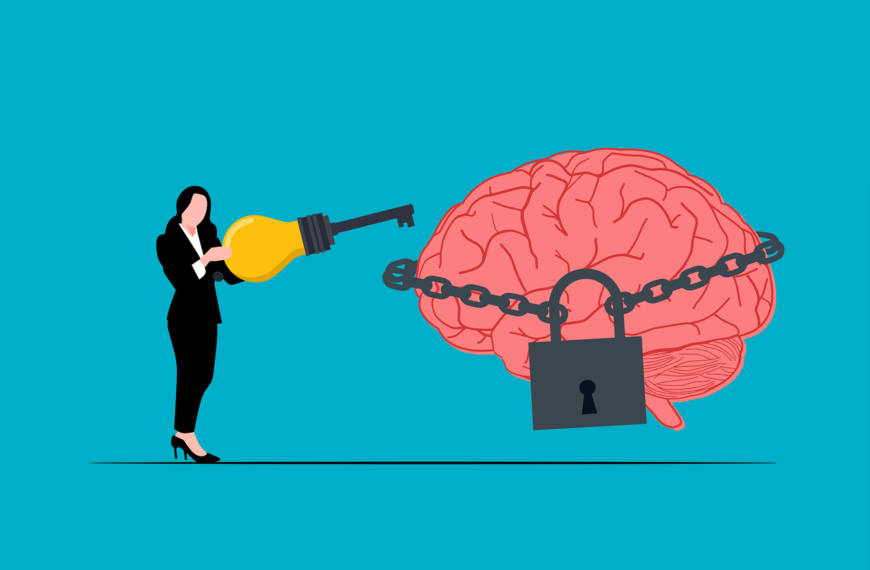The Urban Recovery Paradox: Finding Healing in the Heart of Chaos
Mumbai’s relentless energy creates both the conditions that fuel addiction and the innovative solutions that combat it. The city’s rehabilitation centres have evolved to address this urban paradox, developing treatment philosophies that acknowledge how metropolitan pressures contribute to substance abuse while leveraging the city’s diverse resources for comprehensive healing. Addiction is a complex disease that affects individuals physically, mentally, and emotionally, requiring treatment approaches as multifaceted as the city itself.
The metropolitan advantage becomes evident in how rehabilitation centre in Mumbai options can draw from the city’s extensive medical infrastructure, cultural diversity, and economic opportunities to create recovery environments that prepare individuals for real-world challenges. Unlike isolated rural facilities, Mumbai-based centres integrate urban realities into treatment planning, helping patients develop coping strategies for high-stress environments while accessing world-class therapeutic resources.
Beyond Detox: The Multidimensional Treatment Architecture
Modern drug rehabilitation centre in Mumbai facilities have abandoned the outdated model of simple detoxification in favor of comprehensive programs that address the biological, psychological, social, and spiritual dimensions of addiction simultaneously. Comprehensive rehabilitation programs incorporate state-of-the-art therapies and treatment strategies, including cognitive-behavioral therapy, family therapy, and motivational therapy, creating individualized treatment matrices that evolve with each patient’s progress.
This architectural approach to treatment recognizes that lasting recovery requires rebuilding multiple life domains concurrently rather than addressing symptoms sequentially. Patients engage in medical stabilization while participating in psychological counseling, family healing sessions, and skill development programs that prepare them for employment, relationships, and community reintegration.
The integration of traditional and contemporary therapeutic modalities reflects Mumbai’s cultural sophistication, where methods of art, yoga, meditation and other entertainment activities are used at rehab centers to treat the patient from within, creating treatment experiences that honor individual backgrounds while incorporating evidence-based practices.
The Science of Environmental Healing: Location as Medicine
Mumbai’s rehabilitation centres understand that physical environment profoundly influences psychological healing, designing spaces that counteract the urban stressors that often trigger addictive behaviors. The city’s proximity to natural elements—ocean breezes, monsoon rhythms, and verdant spaces—provides therapeutic opportunities unavailable in purely urban or rural settings.
The environment plays a crucial role in the journey of recovery and healing, with carefully chosen locations providing the perfect backdrop for rehabilitation journeys, allowing patients to experience tranquility without complete disconnection from metropolitan realities. This balance proves essential for individuals who must eventually return to urban lifestyles while maintaining sobriety.
The therapeutic use of Mumbai’s cultural richness—from music and arts therapy programs that incorporate local traditions to vocational training that connects with the city’s diverse economy—creates recovery experiences that feel culturally relevant and personally meaningful rather than clinically sterile.
Professional Excellence in a Collaborative Ecosystem
The concentration of medical and mental health expertise in Mumbai creates unique opportunities for interdisciplinary collaboration that enhances treatment outcomes. Therapeutic approaches encompass group therapies as well as intensive individual sessions facilitated by skilled clinical psychologists, psychiatrists, family therapists, and counselors, creating treatment teams with complementary specializations rarely available in smaller markets.
This professional ecosystem enables rehabilitation centres to offer specialized programs for complex cases, including dual diagnosis treatment for individuals with co-occurring mental health conditions, trauma-informed care for those with histories of abuse or violence, and culturally specific interventions for diverse populations seeking treatment.
The availability of continuous professional development and peer consultation among treatment providers ensures that Mumbai’s rehabilitation facilities remain current with evolving best practices and innovative therapeutic approaches, translating research advances into practical treatment improvements more rapidly than isolated facilities.
Family Systems Integration: Healing Beyond the Individual
Comprehensive care in Mumbai’s rehabilitation centres extends healing beyond individual patients to encompass family systems recognition that addiction impacts entire networks of relationships. Experienced professionals offer personalized treatment approaches that include family education, couples counseling, and intergenerational healing programs addressing how addiction affects multiple generations.
The city’s diverse population requires culturally sensitive family interventions that honor different traditions around authority, communication, and healing while introducing evidence-based family therapy techniques. This cultural competence proves essential for engaging families who might otherwise resist participation in treatment processes.
Mumbai’s rehabilitation centres leverage the city’s educational resources to provide family members with comprehensive addiction education, helping them understand the neurobiological basis of addiction, recognize enabling behaviors, and develop healthy boundaries that support recovery without fostering dependence.
Technology Integration and Innovation Leadership
Mumbai’s position as a technology hub enables rehabilitation centres to incorporate cutting-edge therapeutic tools and treatment monitoring systems that enhance both clinical outcomes and patient engagement. Digital therapeutics, virtual reality exposure therapy, and biometric monitoring create treatment experiences that appeal to tech-savvy patients while providing clinicians with unprecedented data about treatment progress.
The integration of telemedicine capabilities ensures continuity of care for patients transitioning between different treatment phases, allowing them to maintain therapeutic relationships while gradually increasing independence. This technological infrastructure proves particularly valuable for aftercare planning and relapse prevention monitoring.
Innovation in treatment delivery extends to mobile applications that support daily recovery practices, online support group participation, and family communication tools that maintain therapeutic gains achieved during residential treatment phases.
Economic Accessibility and Treatment Sustainability
Mumbai’s economic diversity creates both challenges and opportunities for making comprehensive addiction treatment accessible across different socioeconomic levels. Rehabilitation centres have developed innovative funding models, sliding-scale payment options, and corporate partnership programs that expand access while maintaining treatment quality.
The city’s robust insurance infrastructure and growing recognition of addiction as a medical condition rather than moral failing has improved coverage for rehabilitation services, making comprehensive care financially feasible for middle-class families previously priced out of quality treatment options.
Investment in treatment sustainability includes job placement programs, educational reintegration support, and entrepreneurship training that help recovering individuals achieve economic stability while maintaining sobriety, recognizing that financial stress often precipitates relapse.
Future-Oriented Recovery: Building Lives Worth Living
The ultimate measure of comprehensive care lies not in treatment completion rates but in the quality of life achieved by individuals years after leaving rehabilitation programmes. Mumbai’s treatment centres increasingly focus on helping patients develop life skills, pursue educational goals, and build meaningful relationships that create sustainable motivation for continued sobriety.
This future-oriented approach includes career counseling, educational advancement planning, and community service opportunities that help recovering individuals discover purpose and meaning beyond addiction recovery. The goal extends beyond abstinence to encompass personal fulfillment, contribution to community, and the development of resilience that enables thriving in challenging environments.
Recovery success in drug rehabilitation centre in Mumbai is measured by patients’ ability to navigate the city’s complexities while maintaining psychological health, meaningful relationships, and productive engagement with opportunities for personal and professional growth.

